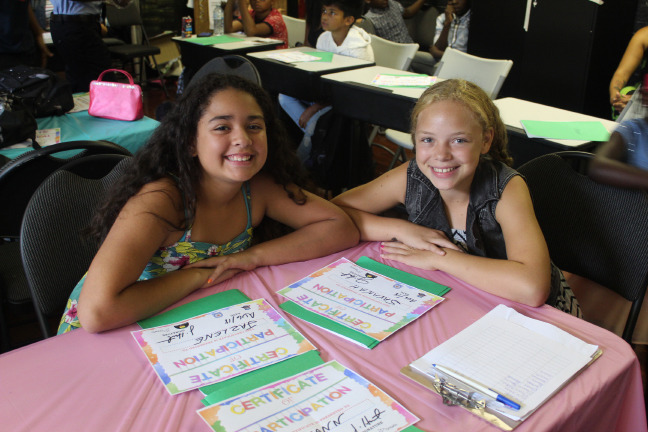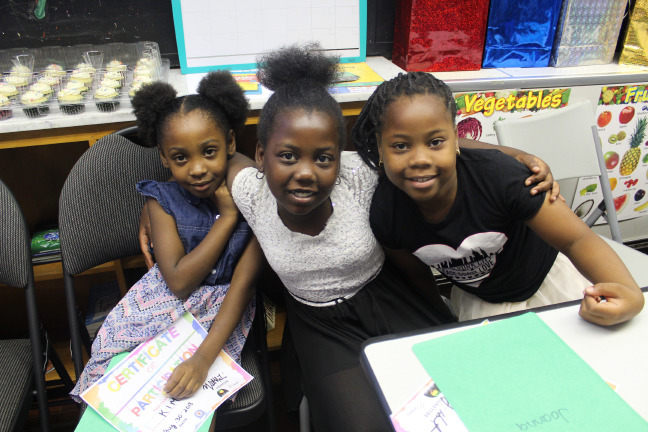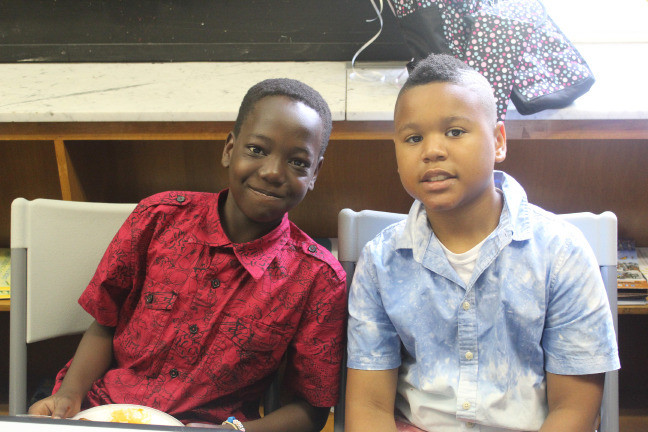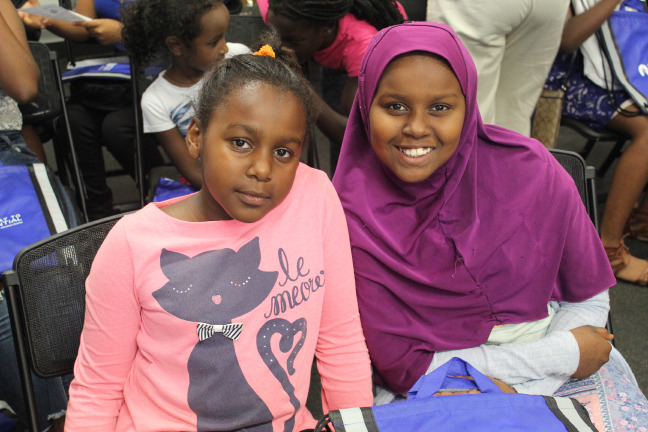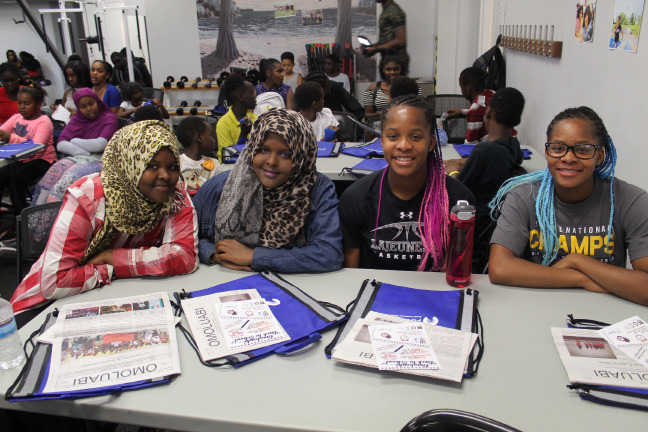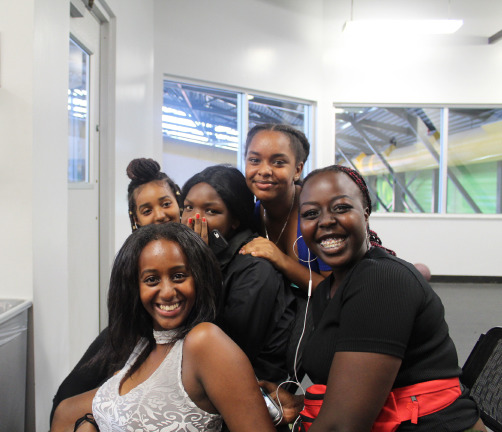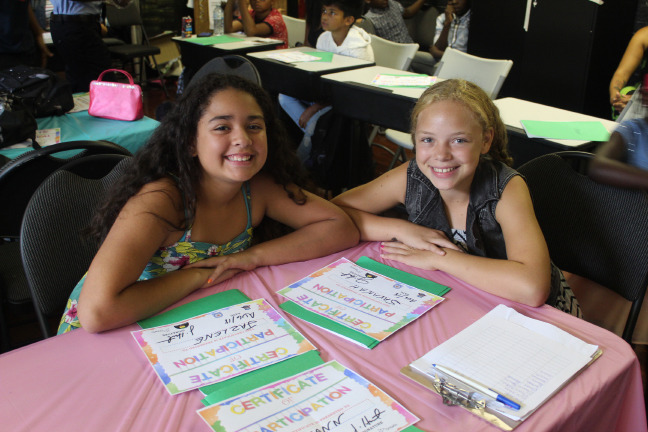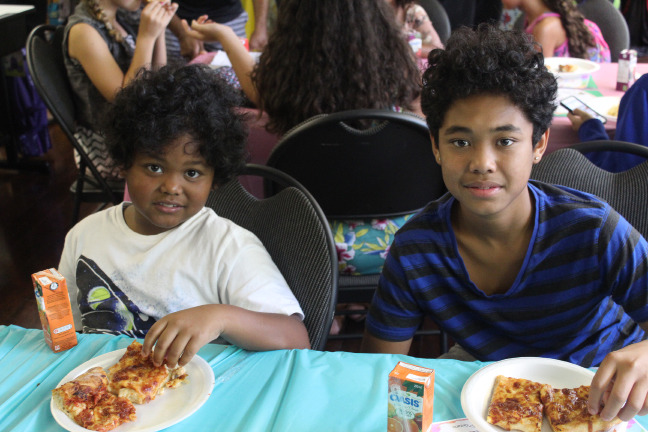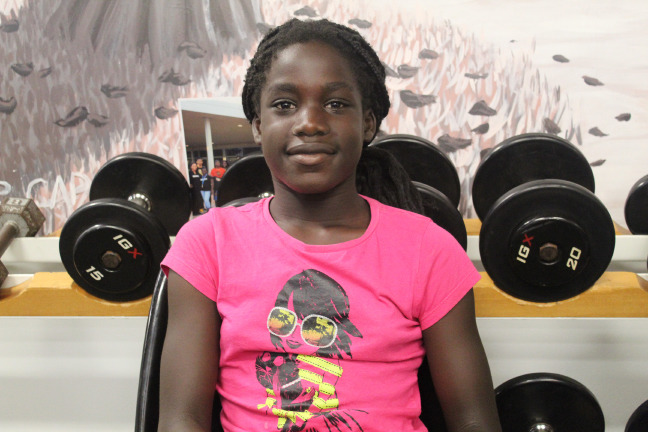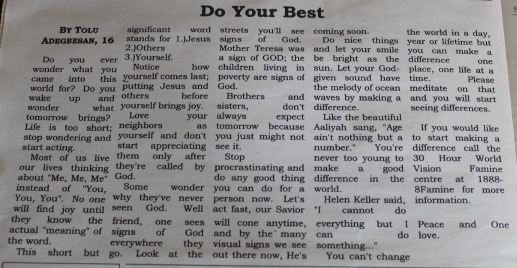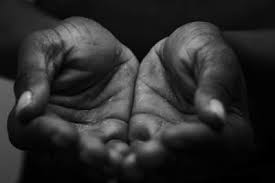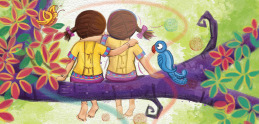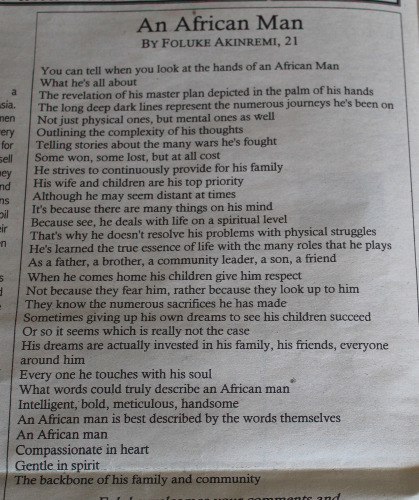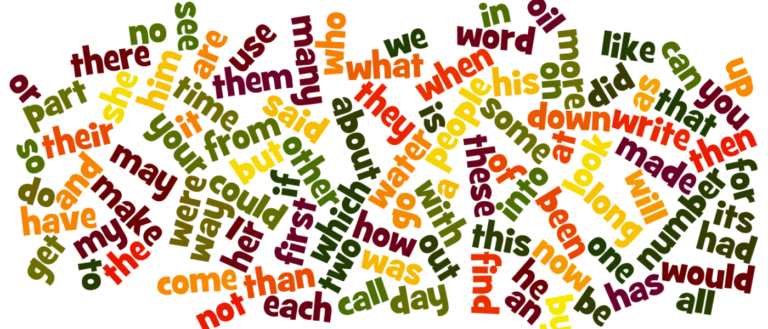In life there are plenty of opportunities to be nice to other people. We must take advantage of them. When you are nice to others, then they will be nice to the next person that they see. It only takes a minute to be nice and make someone’s day better. A kind word, a smile, a friendly jester and a helping hand is all you need to make someone happy. It’s having a good mind to others. Take that mind set with you when you go on your way. Throughout your day treat others the way you would like them to treat you.
Inu Rere
Good will means being nice
to someone. Helping my
friend when they ask me.
Saying nice things to others.
Not doing anything to hurt
others. Smiling at everyone
so they feel happy.
Inu Rere (Goodwill)
By: Teajai Travis
I close my eye’s
Before Sun rise
And speak my truth
Beneath the moon
I sing a prayer
I thank Creator for all my gifts
And I ask that peace come onto you
For I know goodwill is not just thoughts
But in the actions that we do
If in the end when judgement comes
our deeds are short and frail
The Kingdoms gates to heavy to move
Enclosed a haunting jail
With time to think and space to see
We watch our path undone
With selfish heart and tunnel view
Sideways our world spun
But with a prayer, a thoughtful word
Our heart re-birthed anew
Once again goodwill is not just thoughts
But in the actions that we do
Honor the teachers, love the children
And invest meaningful time with the youth
Our future will grow broad and flush
barring the fruits of truth
Walk a path of faithfulness
And forgive the steps that stray
For we are not perfect, this is true
This is why we pray
Good onto you and onto me
Forever and a day
Treat other’s the way you wish to be treated
And your peace seldom sway.
Having a Good Mind Towards Others
Good will to me means that you care for others spiritually, physically and mentally. In this text I will talk about what all three mean to me. A good will towards others is also a good mind toward others. Having goodwill is a strong desire to want to help others and be nice to them.
The first one is spiritually having a good mind towards others. It means your spirit cares about others just as it cares about yourself. You spiritually want to help others. Your spirit is connected to your body and makes you want to act and know more.
The second one is physically having a good mind towards others. To me having a good mind towards others physically means you help people in anyway you can. When you do this, you are having a good mind towards others physically.
The last and final one is having a good mind towards others mentally. To me having a good mind towards others mentally means you do not have bad thoughts about others. To do that you have to think good thoughts about people. Having good thoughts about others means trying to compliment them instead of making fun of them. All of this is important if you want to have a good mind towards others mentally.
That is what it means to have goodwill towards others spiritually, physically and mentally. Thank you for reading this article.
Black History : Oro Siso Intelligent and Expert Use of Language
“Mastery of language affords remarkable power.” – Frantz Fanon
In Windsor and Essex County today, we can find many examples of African Canadians who have used their language skills to benefit the community and even the world beyond. We are blessed to have among us some great contemporary poets and authors such as Christopher Paul Curtis, TeaJai Travis, Edward Watson, Fartumo Kusow, Amina Abdulle, Mbonisi Zikhali, and Erik Johnson. Individuals who understand and live by the tenet that as Alice Walker expressed, ‘‘literature is the lifeblood of rebellion, revolution, and the raising of consciousness.”
Consider the examples of greats such as Elise Harding Davis, Milo Johnson, and the late Fred Johnson, whose writing about history has had a positive impact on so many. Our community also owes a great deal to the tremendous playwright and actor, Leslie McCurdy, who has dedicated the bulk of her career to bringing fascinating historical figures to life. For more than twenty years now, McCurdy has been portraying Harriet Tubman on stages, museums, community centers, in schools here in Windsor and Essex County, across North America, and even in Europe. Using their voices to inform and inspire others, these individuals perfectly express through their work what James Baldwin once wrote: “For while the tale of how we suffer, and how we are delighted, and how we may triumph is never new, it always must be heard. There isn’t any other tale to tell; it’s the only light we’ve got in all this darkness.”
Black communities in Windsor and Essex County have been represented capably by gifted orators such as the late, great Dr. Howard McCurdy, founder and long-time President of the Windsor District Black Coalition, former Windsor City Councillor, former Member of Parliament, and the first African Canadian to run for the leadership of a federal party (NDP).
Dr. McCurdy was a strong voice whether it be in the House of Commons, representing Canada on international missions, leading the discussion at a meeting of local concerned citizens, or advocating for the rights of African Canadians in small, closed door meetings with police administration or perpetrators of institutionalized discrimination. Dr. McCurdy constantly demonstrated that mastery of language afforded remarkable power, including the power to create positive, meaningful change in the lives of others.
The lesson can best be summarized in the words of Quraysh Ali Lansana and Georgia A. Popoff, “Words are power. The more words you know and can recognize, use, define, understand, the more power you will have as a human being… The more language you know, the more likely it is that no one can get over on you.”
Iteriba (Respect)
According to Cambridge,
respect is defined as: Admiration felt or shown
for someone or something that you believe has good ideas or qualities
Such as: politeness and honor
Merriam-Webster says we are being respectful when we
Act in a way that shows our ‘awareness’ of the rights and wishes of others
As I sit upon a stack of verbiage
I pull real words from real people
Grinding 5 to 9 in the concrete jungles of just getting by
Respect: as drawn out in the Urban Dictionary is –
Treating people in a positive manner
Acknowledging people for who they are and what they do
But be mindful of this truth
Respect is earned
We must learn the rules of the game
If you’re to be treated in an honorable way
you must reciprocate
The great Bruce Lee once said:
“Knowledge will get you power, but character, respect.”
He also taught us to be like water
willing to bend but don’t break
“One of the most sincere forms of respect
is actually listening to what another has to say.”
Our dear ancestor Maya Angelou taught us:
“If we lose respect for each other, this is how we will finally die.”
When I reflect on respect
I’m brought back to the
deepness of my Grandmother’s eyes
And how she knew,
more than she could say
And how she endured more than she could take
(My Grandmother birthed 24 children)
But one thing always stayed the same
She gave her praise to the most-high everyday
Confucius says:
“Without feelings of respect,
what is there to distinguish men from beast”
The Elders built castles and gave us the keys
We are our Ancestors, wildest dreams
But sometimes we can’t tell the forest from the trees
So I must treat you,
The way I want you to treat me
Respect is a path leading us to peace
My Ancestors were once bought and sold
They carried upon their shoulders, a heavy load
They endured violent disrespect and humiliation
An impossible time to be raised in
But despite the weakness of flesh
the spirit remained strong
If you close your eye’s and listen
you can hear the brilliant strength of their song
They carried the bravest respect for one another
A burdened collection of Sister’s and Brother’s
If nothing else, they still had each other
As they’d
Wade in the water
Wade in the water [children]
Wade in the water
God’s gonna trouble the water
Respect is waking up with a reason to live
Respect is honoring all that the ancestors did
Respect is in the way you value your privilege
Respect is in the way you carry forgiveness
Respect is in the way you treat yourself
Respect is in your willingness to help
So please remember
Respect is earned
We must learn the rules of the game
If you’re to be treated in an honorable way
you must reciprocate
Respect
The Value of Respect and Good Mental Health
Respect is defined as a positive feeling or action shown towards someone or something considered important or held in high esteem or regard. It conveys a sense of admiration for good and valuable qualities and is also the process of honoring someone by exhibiting care, concern, or consideration for their needs or feelings. Respect comes from good mental health conditions. People without good mental health are not likely to show respect to others.
Respect is a very important tenet of the concept of Omoluabi. We give respect to our elders, Pastors, teachers and those in authority. Omoluabi’s concept lays a responsibility on a leader or elder to steer clear of behaviors that could tarnish their integrity and make them lose respect.
Some people earn respect by assisting others or by having important societal roles. In many African cultures, individuals are considered to be worthy of respect until they prove otherwise. Courtesies that show respect include simple words and phrases like “thank you” or a physical gesture like a slight bow, a smile or simple handshake.
In Omoluabi culture, there are many ways to show respect for people. For example, in the Yoruba culture, it is recommended that a man prostrate or a woman kneel before an elderly person.
Respect is a phenomenon renowned with African people; it is a culture that the African people take pride in. Respect is such an important aspect of our tradition that it has been passed down to every generation. It is the epitome of peace and orderliness which remain very important in African cultures.
An Omoluabi is expected to show respect and courtesy to people older than them. Respect is a social norm that is earned automatically in the African society and can be demanded if deemed necessary. Respect is shown in speeches, greetings and attitudes. Omoluabi cherishes respect.
Omoluabi shows respect to one another in the manner of greetings and talking and this is not only between an elder and a younger person, but also among peers. Personally, I like the culture of respecting the elderly, as there is something about experience that only time can buy. In African cultures for example, the unquestionable respect for elders is a fundamental feature, which is instilled in every child. It is also considered a mark of disrespect to refer to elders by their names. Calling parents by their name is a sign of disrespect.
Respect for the elderly is a virtuous notion that must be preserved, as it knits the fabric of our
society together as one. You answer anyone older than you by “Sir” or “Ma”. You don’t’ call your elders by name, instead you use the world “Uncle” or “Auntie”. We should teach our children to respect elders to preserve our culture. As the Proverb says, “train up a child the way he should grow, and when he is old, he will never depart from it”. Teaching your children respect is something that will eventually become an integral part of them.

